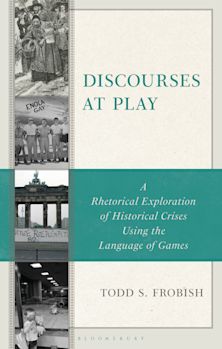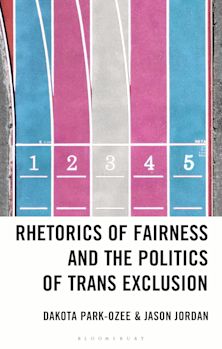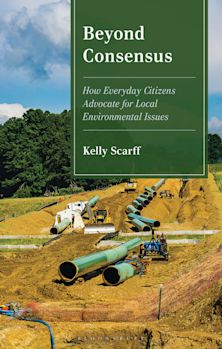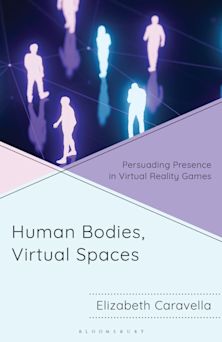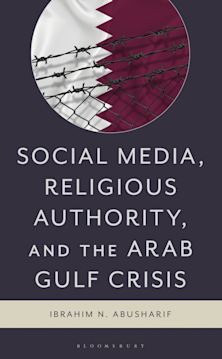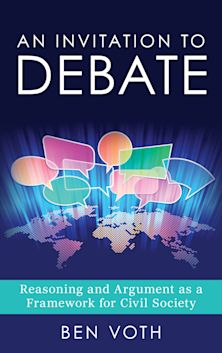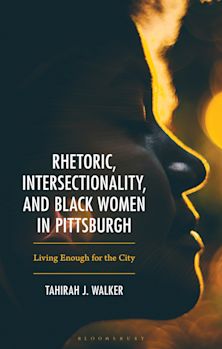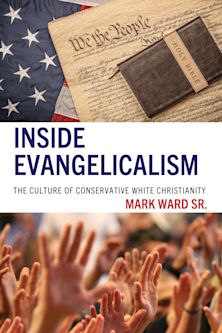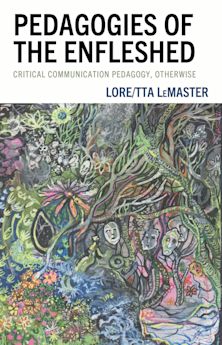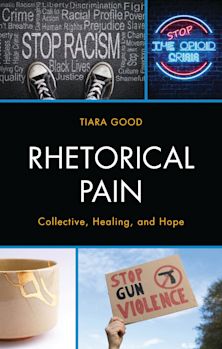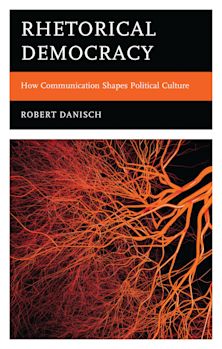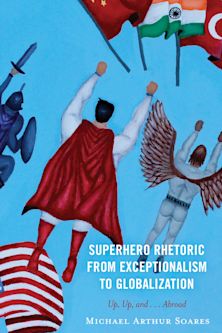- Home
- ACADEMIC
- Communication Studies
- Rhetoric
- Dialogues, Dramas, and Emotions
Dialogues, Dramas, and Emotions
Essays in Interactionist Sociology
Dialogues, Dramas, and Emotions
Essays in Interactionist Sociology
This product is usually dispatched within 2-4 weeks
- Delivery and returns info
-
Flat rate of $10.00 for shipping anywhere in Australia
You must sign in to add this item to your wishlist. Please sign in or create an account
Description
Drawing ideas from the works of George Herbert Mead, Mikhail Bakhtin, Kenneth Burke, and the American pragmatic philosophers, Dialogues, Dramas, and Emotions: Essays in Interactionist Sociology argues that the verbal interactions of human agents are characterized by addresses and rejoinders, which Bakhtin called dialogues. These moves conform to what Burke called dramatism. Robert Perinbanayagam uses examples both from dramatic literature and everyday conversations to demonstrate how everyday interactions are inescapably dramas, conducted through the use of dialogues in order to promote mutual understanding. Along with analyzing the dialogues themselves, the author also examines what comes to play in these interactions and shows the various consequences of these emotionalities in ongoing human relationships.
Table of Contents
Preface
Acknowledgments
Chapter 1. Understanding the Other
Chapter 2. Dialogues in Dramas
Chapter 3. Dramas, Dances, and Games: Enacted Metaphors
Chapter 4. Mongering Motives
Chapter 5. Dialogic Reflexivity and the Cultured Self
Chapter 6. Emotional Resonance
Chapter 7. Emotional Effervescence
Chapter 8. Acts of Violence: Addresses and Rejoinders
References
About the Author
Product details
| Published | 22 Mar 2023 |
|---|---|
| Format | Hardback |
| Edition | 1st |
| Extent | 152 |
| ISBN | 9781666931372 |
| Imprint | Lexington Books |
| Dimensions | 236 x 157 mm |
| Publisher | Bloomsbury Publishing |
About the contributors
Reviews
-
Perinbanayagam’s work has given us unforgettable accounts of the self as both sign and signifier. In this new work the author expands this distinct insight, combining three vital bodies of work: the pragmatism of Charles Sanders Peirce, the dialogism of Mikhail Bakhtin, and the dramatism of Kenneth Burke, creating a tool for interactionists to analyze language as a social tool employed by social actors. This is a bold and creative undertaking.
E. Doyle McCarthy, Fordham University
-
This book is a summary of Perinbanayagam’ s creative thinking. His theory shows how the language game of sociology manifests itself in meaning structures, and his version may be the most important of all the interpretive approaches.
Norbert Wiley, University of Illinois

ONLINE RESOURCES
Bloomsbury Collections
This book is available on Bloomsbury Collections where your library has access.













